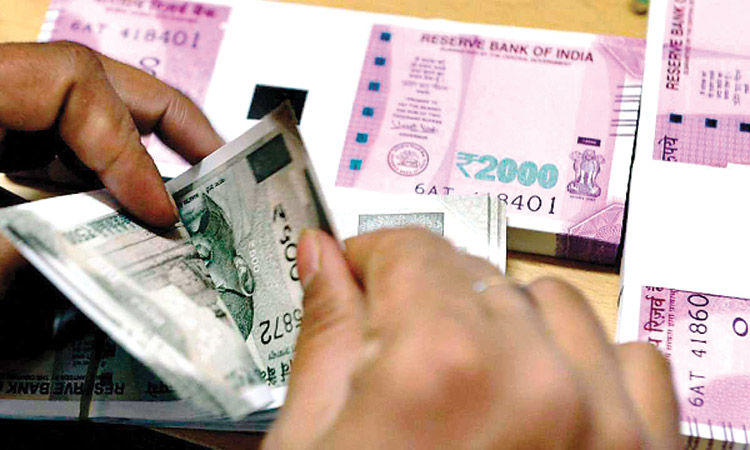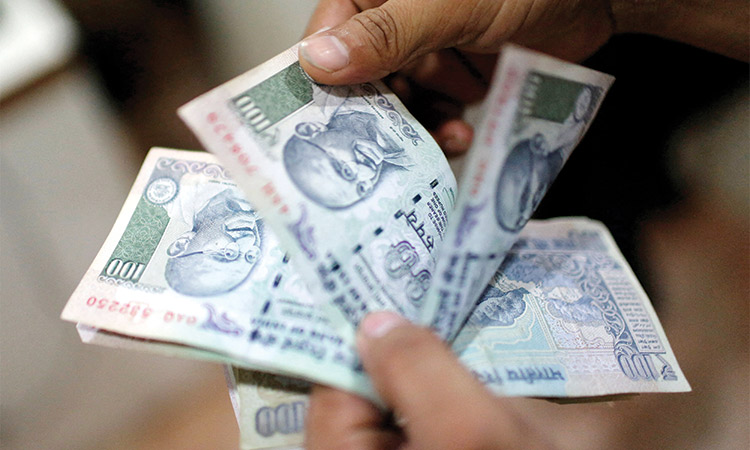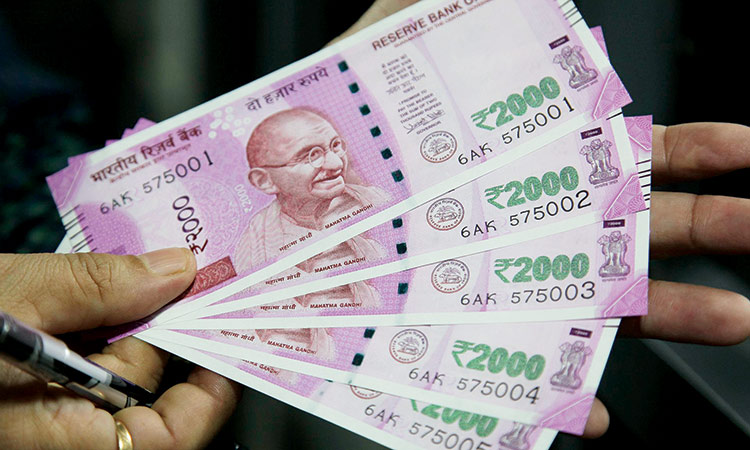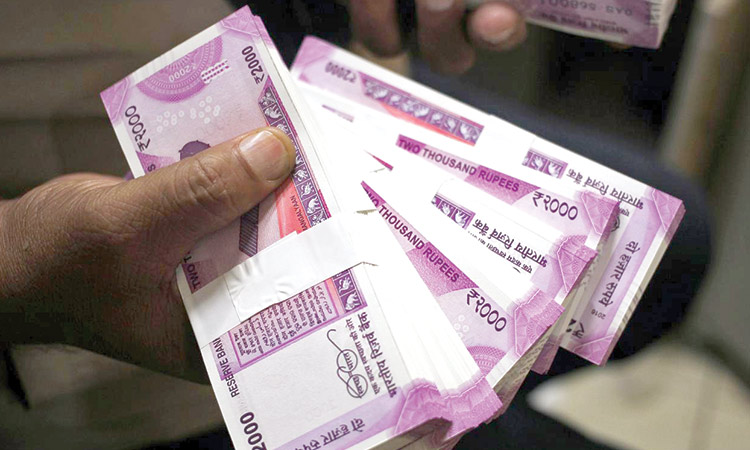India’s foreign exchange reserves rise by $5.65 billion

The value of the country’s gold reserves increased by $3.03 billion to $30.89 billion.
India’s forex reserves comprise foreign currency assets (FCAs), gold reserves, special drawing rights (SDRs) and India’s reserve position with the International Monetary Fund (IMF).
On a weekly basis, FCAs, the largest component of the forex reserves, edged- up by $2.56 billion to $439.66 billion.
Similarly, the value of the country’s gold reserves increased by $3.03 billion to $30.89 billion. The SDR value rose by $14 million to $1.42 billion.
In addition, the country’s reserve position with the IMF went up by $44 million to $3.58 billion.
In a major move, the Reserve Bank of India (RBI) on Friday reduced the trading hours for foreign exchange and bond markets by around four hours, with an aim to thwart risks and impact on liquidity amid reduced staff and logistical support.
The new timings will become effective from April 7, and continue up to April 17, an RBI notification said.
RBI notified that market activities, including the sales and purchase of government securities, foreign exchange, commercial papers and certificate of deposits will commence by 10 am and end at 2 pm from April 7. This is also half of earlier trading window for the instruments that commenced from 9 a.m. and ended at 5 pm.
The central bank noted that the unprecedented situation created by the COVID-19 outbreak has necessitated lockdowns, social distancing, restrictions on movement of people and non-essential activities, work from home arrangements and business continuity plans and the resultant dislocations have adversely impacted the functioning of financial markets.
“Staff and IT resources have been severely affected, posing operational and logistic risks. The thinning out of activity is impacting market liquidity and increasing volatility of financial prices,” it said.
The notification said that in order to minimise these risks and to ensure that market participants maintain adequate checks and supervisory controls while optimising thin resources and ensuring safety of personnel, it has been decided to revise trading hours for various markets.
The RBI decision comes amidst massive volatility in the rupee and the Indian currency to falling to new lows of late.
On Friday the rupee fell below the 76 per dollar mark and closed the day’s trade around 76.22 per dollar.
Aamar Deo Singh, Head Advisory of Angel Broking said that the RBI’s decision to curtail market timings throws light on the gravity of the situation and the impact of the coronavirus pandemic.
“The RBI decision to curtail the market timings highlights the gravity of the impact of coronavirus on the Indian financial system. Ensuring adequate market liquidity, minimizing to the extent possible, the volatility of financial prices while at the same time, ensuring adequate checks and safety of people, are the key objectives of this action,” Singh said.
However, several market experts are also of the view that the move may increase the volatility in the market and said that the coronavirus pandemic will continue to dominate the price actions.
Rahul Gupta, Head of Research, Currency, Emkay Global Financial Services said: “The coronavirus will continue to dominate all the price actions and asset classes. The reduction in OTC timings will disappoint the speculators and also reduce the volumes. Reduction in volumes will impact the market liquidity and likely increase volatility keeping rupee on an edge.”
He added that the RBI may intervene and cap the volatility. The Goods and Services Tax Network (GSTN) on Sunday said that tax officials have processed around 10,077 cases of new registration during the first 10 days of the nationwide lockdown, from March 25 to April 3.
In a statement GSTN said that a total number of 20,273 registration-related cases were processed during the first 10 days of lockdown.
“This includes 10,077 cases of new registration, 3,377 cases of core amendment, 3,784 cases ofAcancellation by application, 1,966 cases of cancellation by suo moto and 1,069 cases ofArevocation. Similarly, 7876 cases of refund were also processed during the period,” it said.
Further, GSTN has said that it has enabled tax officers of different states and union territories (UTs) to access their offices during the lockdown period.
Agencies







